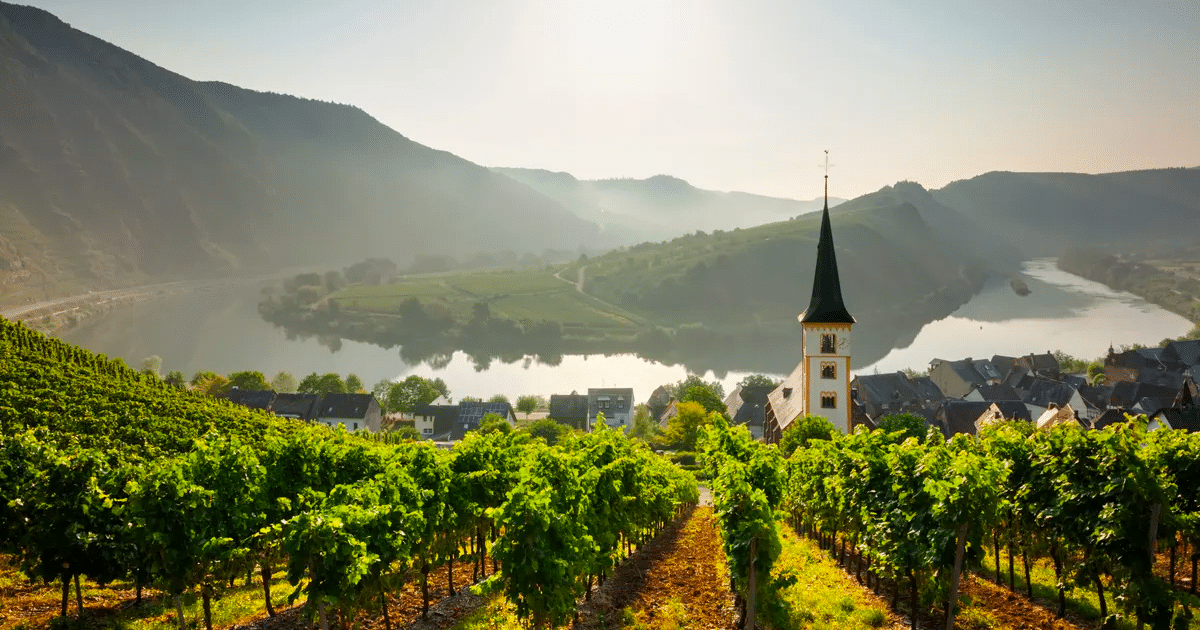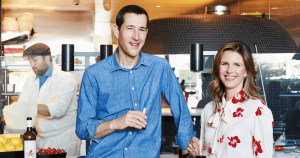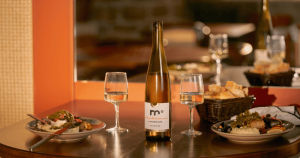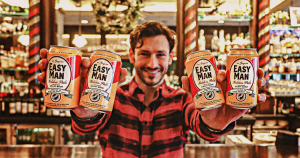Berlin, often hailed as Europe’s nightlife mecca, is a city that never sleeps. Its streets are lined with a diverse range of bars, from traditional beer halls to modern, neon-lit clubs. The city’s reputation as a hub for creatives has given rise to a nightlife that’s as eclectic as its residents. From techno temples in repurposed power plants to intimate jazz bars, Berlin offers a night out for every kind of reveler.
But, if you look closely, there seems to be a shift underway in the city’s drinking culture. On my recent trip, I noticed that alcohol wasn’t always the star of the show. At lunch at Soho House, Pentire-based mocktails peppered the cocktail menu. In cafes across the city, non-alcoholic beers appeared on far more menus than they do back home in New York City. And, at the Nation of Gondwana festival (Berlin’s answer to Burning Man), I noticed that non-alcoholic stands were more common than their boozy counterparts, signaling a change in party-goers‘ preferences.
Germany, renowned for its beer festivals and iconic taverns, is more than just a haven for alcohol enthusiasts. Let’s start with the staples. Apart from the renowned Pilsners, Weizens, and Dunkels, there’s the Radler—a delightful mix of beer and lemonade that was accidentally birthed during a bicycle race and now reigns as a summer favorite. The legend goes that it was born out of necessity when an innkeeper ran out of beer and decided to mix the remaining beer with lemon soda. Little did he know, this creation would become a cherished summer beverage across the country and beyond. Clocking in at around 2% ABV, Radlers provide a solid alternative to other German beers that typically contain three or four times the alcohol.
Beyond low ABV options, Germany has been experimenting with non-alcoholic beers for decades. In the 1980s and ’90s, when German brewers first introduced non-alcoholic beers, they faced initial resistance. But, as the technology and quality improved, these beverages gained popularity. Today, non-alcoholic beers account for over 10% of the German beer market.
Germany has been a non-alcoholic wine leader for even longer. In the early 1900s, Maria Jung pioneered the world’s first non-alcoholic wines for her family’s winery in Rüdesheim am Rhein. This was in response to a dip in sales as customers cited health as their reason for drinking less. Fast forward to today, over 100 German wineries are producing non-alcoholic wines. Brands like Weingut Leitz are leading the charge, with their wines being dealcoholized by none other than Maria Jung’s great-grandson. Research at Geisenheim, Germany’s premier wine university, has been pivotal in the development of quality dealcoholized wines. Their focus on the quality of base wines and technological advancements has led to significant improvements in recent vintages.
Historically, the German non-alcoholic wine scene was dominated by mass-market products. Today, boutique brands like Kolonne Null are elevating the standards of dealcoholized wines. Established in 2018, Kolonne Null collaborates with award-winning international family wineries to develop a range of wines that don’t compromise on taste. Their in-house laboratory in Berlin is the epicenter of their innovation, where only the absolute best compositions are chosen to be de-alcoholized. We visited in July and were wowed by their miniature dealcoholizing apparatus, a research and development tool that allows them to dealcoholize any wine on the spot.
Germany’s lengthy non-alcoholic beverage history is a testament to its entrepreneurial spirit, methodical approach to innovation, and commitment to quality. As we look to the future, one thing is certain: Germany’s beverage innovation will continue to drive the alcohol alternatives category forward.
Source: SevenFifty Daily






